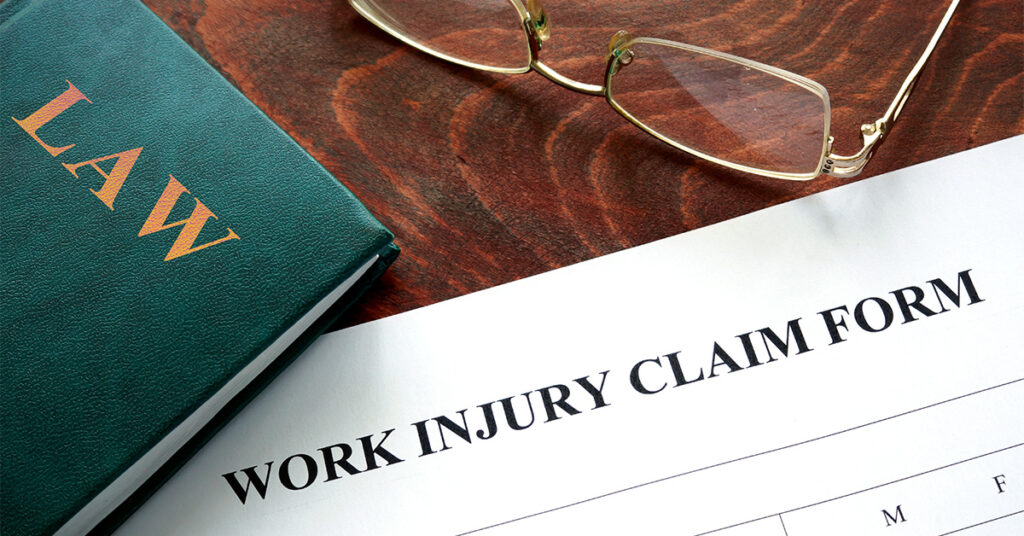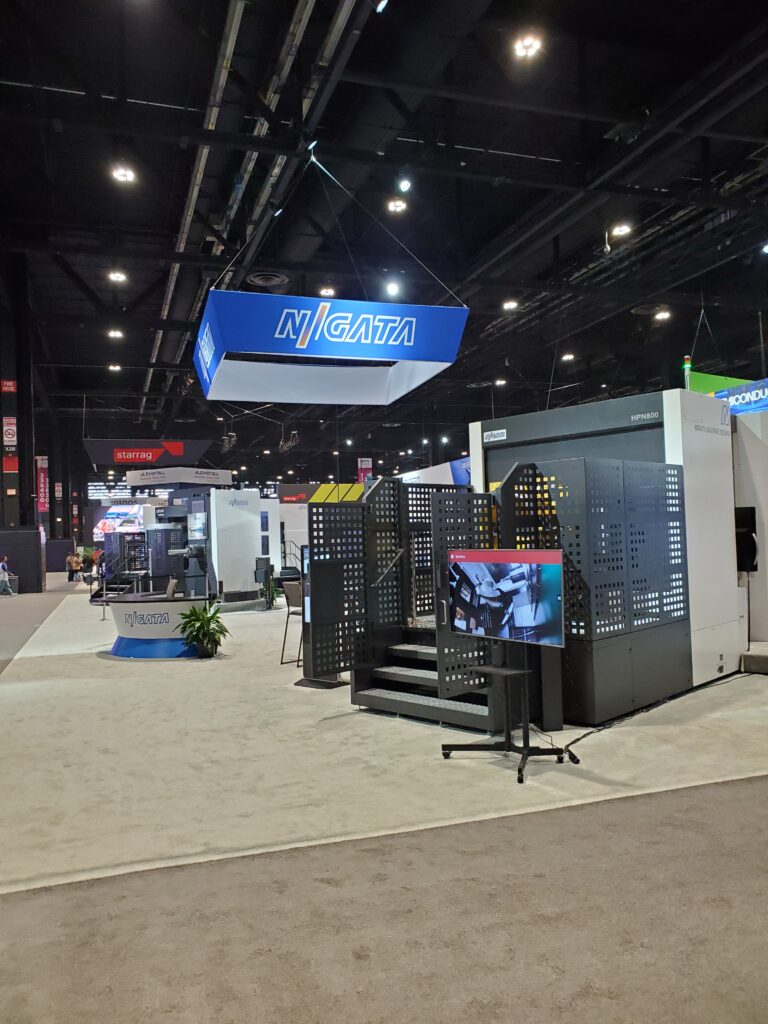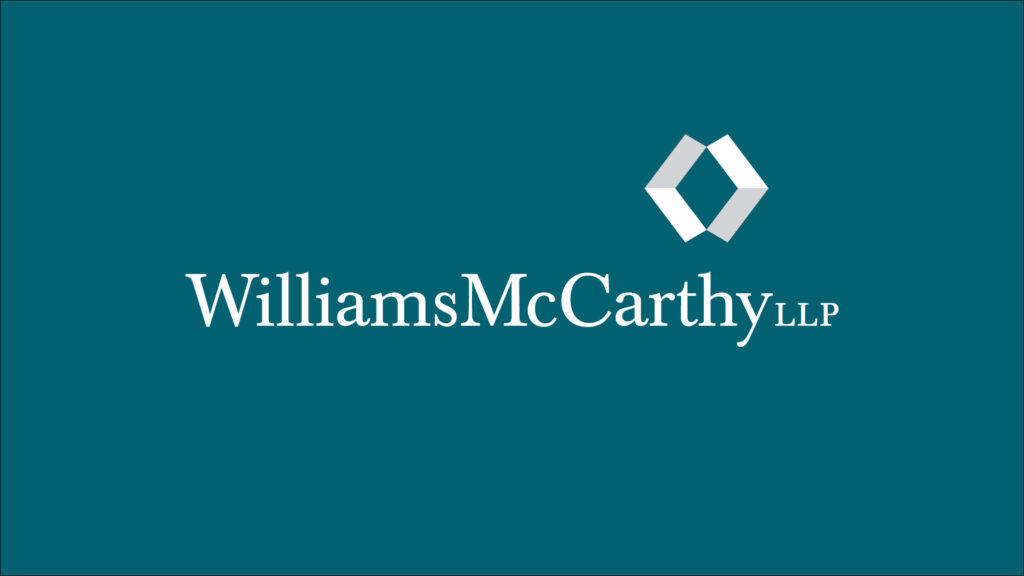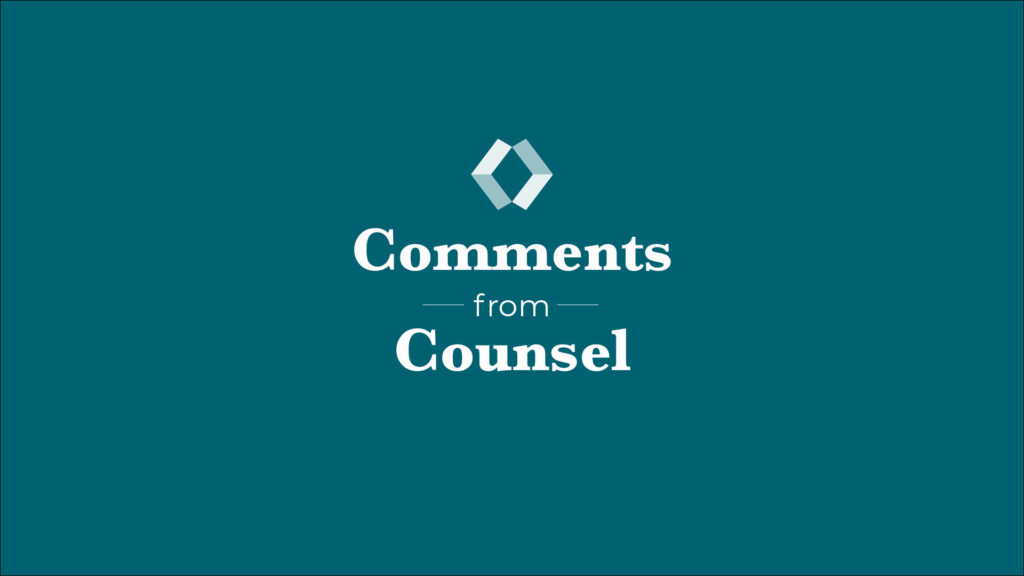[vc_row][vc_column][vc_column_text]The Illinois Workers’ Compensation Commission passed an emergency rule amending the Administrative Rules of Evidence, Section 9070.30 of Insurance Code, effective April 16, 2020 for a maximum of 150 days. The emergency rule creates the rebuttable presumption that an “injury or period of incapacity” resulting from exposure to the COVID-19 virus during the Gubernatorial Disaster Proclamation 2020-38 and any subsequent COVID-19 disaster proclamations arose out of and in the course of employment for certain employees. The rule also includes the rebuttable presumption that the injury or period of incapacity is causally connected to the “hazards or exposures” of the employment. Employees entitled to this presumption are described as COVID-19 First Responders or Front-Line Workers, and defined as police, fire personnel, emergency medical technicians, or paramedics and all individuals employed and considered as first responders, health care providers engaged in patient care, correction officers, and essential personnel as identified under Governor Pritzker’s Executive Order dated March 20, 2020 (e.g., food production, distribution or sale, governmental functions, financial institutions, critical trade, professional services). A complete list of essential personnel covered under this rule is available in Section 1 Parts 7, 8, 9, 10, 11, and 12 of Executive Order 2020-10 found here.
With the relevant amendments underlined, the language of the emergency rule is as follows:
“Section 9030.70 Rules of Evidence
EMERGENCY
WORKERS’ COMPENSATION COMMISSION
NOTICE OF EMERGENCY AMENDMENTS
a) The Illinois Rules of Evidence shall apply in all proceedings before the Commission, either upon Arbitration or Review, except to the extent they conflict with the Act, the Workers’ Occupational Diseases Act [820 ILCS 310], or the Rules Governing Practice Before the Workers’ Compensation Commission (50 Ill. Adm. Code Chapter VI).
1) In any proceeding before the Commission in which the petitioner is a COVID-19 First Responder or Front-Line Worker as defined in Section (a)(2), if the petitioner’s injury, occupational disease, or period of incapacity resulted from exposure to the COVID-19 virus during the Gubernatorial Disaster Proclamation 2020-38 and any subsequent COVID-19 disaster proclamations, the exposure will be rebuttably presumed to have arisen out of and in the course of the petitioner’s COVID-19 First Responder or Front-Line Worker employment and, further, will be rebuttably presumed to be causally connected to the hazards or exposures of the petitioner’s COVID-19 First Responder or Front-Line Worker employment.
2) The term “COVID-19 First Responder or Front-Line Worker” means any individuals employed as police, fire personnel, emergency medical technicians, or paramedics and all individuals employed and considered as first responders, health care providers engaged in patient care, corrections officers, and the crucial personnel identified under Section 1 Parts 7, 8, 9, 10, 11, and 12 of Executive Order 2020-10 dated March 20, 2020…
(Source: Amended by emergency rulemaking at 44 Ill. Reg. ______, effective April 16, 2020, for a maximum of 150 days).”
The language of the rule conditions the rebuttable presumption establishing compensability in favor of the employee on the following: the illness must occur during the specified period, the employee must establish the existence of an “injury, occupational disease, or period of incapacity”, and the employee must establish a “hazard” or “exposure” as defined by the Workers’ Occupational Diseases Act. A rebuttable presumption is also not a guarantee, which means that if a COVID-19 claim meets the conditional elements, an employer still has the opportunity to present some evidence to overcome the presumption and shift the burden back to the employee to prove his or her case. These factors should be considered in the construction of any policy or procedures regarding the processing of these claims.
Our lawyers are available to discuss the impact this rule may have on you or your business. Please contact our office at (815) 987-8900 for a consultation with a member of our Employment/Labor Law Group.
[UPDATE 4/27/2020: A judge in Sangamon County has issued a temporary restraining order blocking the implementation of this emergency. The case filed against the Illinois Workers’ Compensation Commission by the Illinois Manufacturers’ Association and the Illinois Retail Merchants’ Association against is set to return for a case management conference on May 4, 2020. We will provide updates on the proceedings as the matter unfolds.]
[UPDATE 4/29/2020: The Illinois Worker’s Compensation Commission has withdrawn the emergency rule making COVID-19 infections presumptively work-related for certain employees. Instead, the Commission has chosen to form an ad hoc committee to address the impact the COVID-19 pandemic has had on the workplace, including possible actions the Commission may take to address potential illness or injury resulting from the virus. We will continue to bring you updates as the Commission addresses these issues.]
[UPDATE 5/29/2020: While the Governor has not yet signed the amendments into law, House Bill 2455 was passed by both Houses of the Illinois Legislature on May 22, 2020 and amends the Workers’ Compensation Act (820 ILCS 305/1) and Occupational Diseases Act (820 ILCS 310/1) to create the rebuttable presumption that “exposure to” or “contraction of COVID-19” arises out of and in the course of employment for first responders or front-line workers. Again, Employees entitled to this presumption are described as COVID-19 First Responders or Front-Line Workers, and defined as police, fire personnel, emergency medical technicians, or paramedics and all individuals employed and considered as first responders, health care providers engaged in patient care, correction officers, and essential personnel as identified under Governor Pritzker’s Executive Order dated March 20, 2020 (e.g., food production, distribution or sale, governmental functions, financial institutions, critical trade, professional services). A complete list of essential personnel covered under this rule is available in Section 1 Parts 7, 8, 9, 10, 11, and 12 of Executive Order 2020-10 found here.
The rebuttable presumption applies to all cases tried after the effective date of this amendatory Act and in which the diagnosis of COVID-19 was made on or after March 9, 2020 and on or before December 31, 2020. For this presumption to apply at trial for COVID-19 diagnoses occurring on or before June 15, 2020, the employee must provide a confirmed medical diagnosis by a licensed medical practitioner or a positive laboratory test for COVID-19 or COVID-19 antibodies. The presumption created in this subsection does not apply if the employee’s place of employment was solely the employee’s home or residence for a period of 14 or more consecutive days immediately prior to the employee’s injury, occupational disease, or period of incapacity resulted from exposure to COVID-19. For purposes of this presumption, the date of injury or the beginning of the eligible employee’s occupational disease or period of disability is either the date that the employee was unable to work due to contraction of COVID-19 or was unable to work due to the symptoms that were later diagnosed as COVID-19, whichever came first.
In addition to presenting evidence that the employee was working solely from his or her home or residence for 14 or more consecutive days immediately prior to the eligible injury, the employer may also rebut the presumption by presenting additional evidence, including, but not limited to, evidence that the employer was engaging in and applying to the fullest extent possible or enforcing to the best of its ability industry-specific protocols issued by the Centers for Disease Control and Prevention or Illinois Department of Public Health or that the employee was exposed to COVID-19 by another source. It should also be noted that under these proposed amendments, an employee who contracts COVID-19, but fails to establish the rebuttable presumption is not precluded from filing for compensation under this Act or under the Workers’ Compensation Act.][/vc_column_text][/vc_column][/vc_row]






